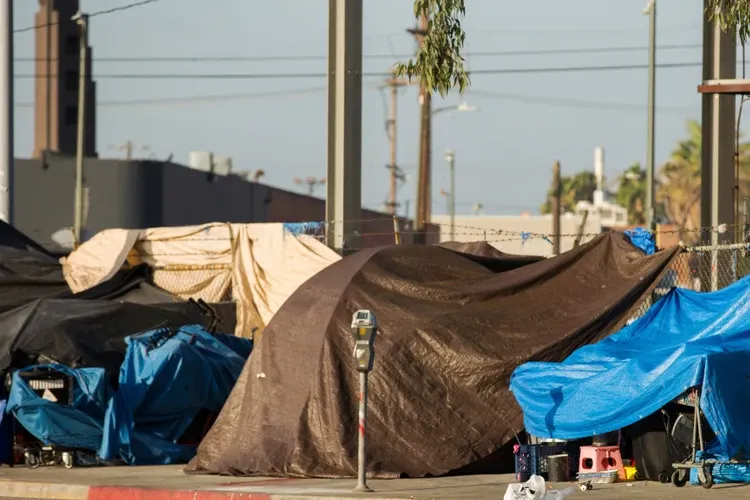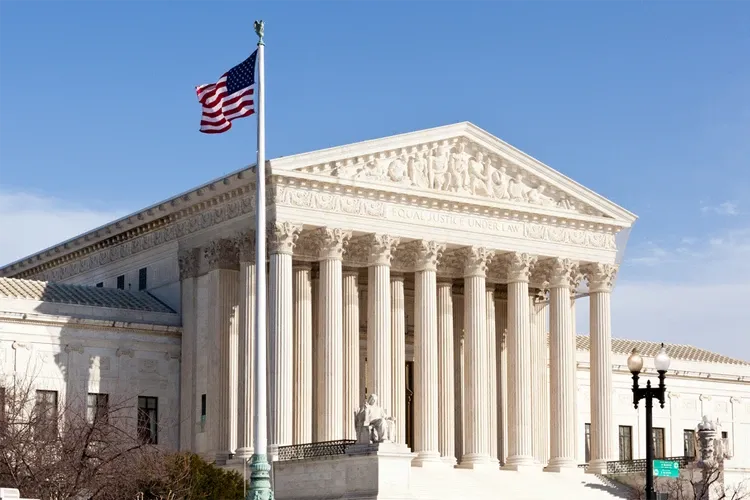Members of the Supreme Court decided last week on behalf of officials in Grants Pass, Oregon, after the town enforced a camping ban within city limits, ultimately ruling that the enforcement did not constitute “cruel and unusual punishment” against homeless people.
Grants Pass desired to impose various penalties on those who sleep outside in public parks, such as small fines for first-time offenders and jail sentences of thirty days for repeat offenders. Justice Neil Gorsuch wrote the majority opinion on behalf of the six conservatives on the Supreme Court, asserting that the Eighth Amendment ban on “cruel and unusual punishment” was not violated because the sanctions did not add “terror, pain, or disgrace” to suspects.
“Homelessness is complex. Its causes are many. So may be the public policy responses required,” he said. “The question this case presents is whether the Eighth Amendment grants federal judges primary responsibility for assessing those causes and devising those responses. A handful of federal judges cannot begin to ‘match’ the collective wisdom the American people possess in deciding ‘how best to handle’ a pressing social question like homelessness.”
The decision comes as homelessness continues to reach record levels in the United States: higher living expenses, constrained housing markets, elevated numbers of evictions, increased illegal immigration, and opioid abuse are major factors in the phenomenon.
Justice Sonya Sotomayor wrote a dissent on behalf of the three liberals on the Supreme Court, contending that “punishing people for their status” as homeless is indeed “cruel and unusual.”
“It is possible to acknowledge and balance the issues facing local governments, the humanity and dignity of homeless people, and our constitutional principles,” she said. “Instead, the majority focuses almost exclusively on the needs of local governments and leaves the most vulnerable in our society with an impossible choice: either stay awake or be arrested.”




